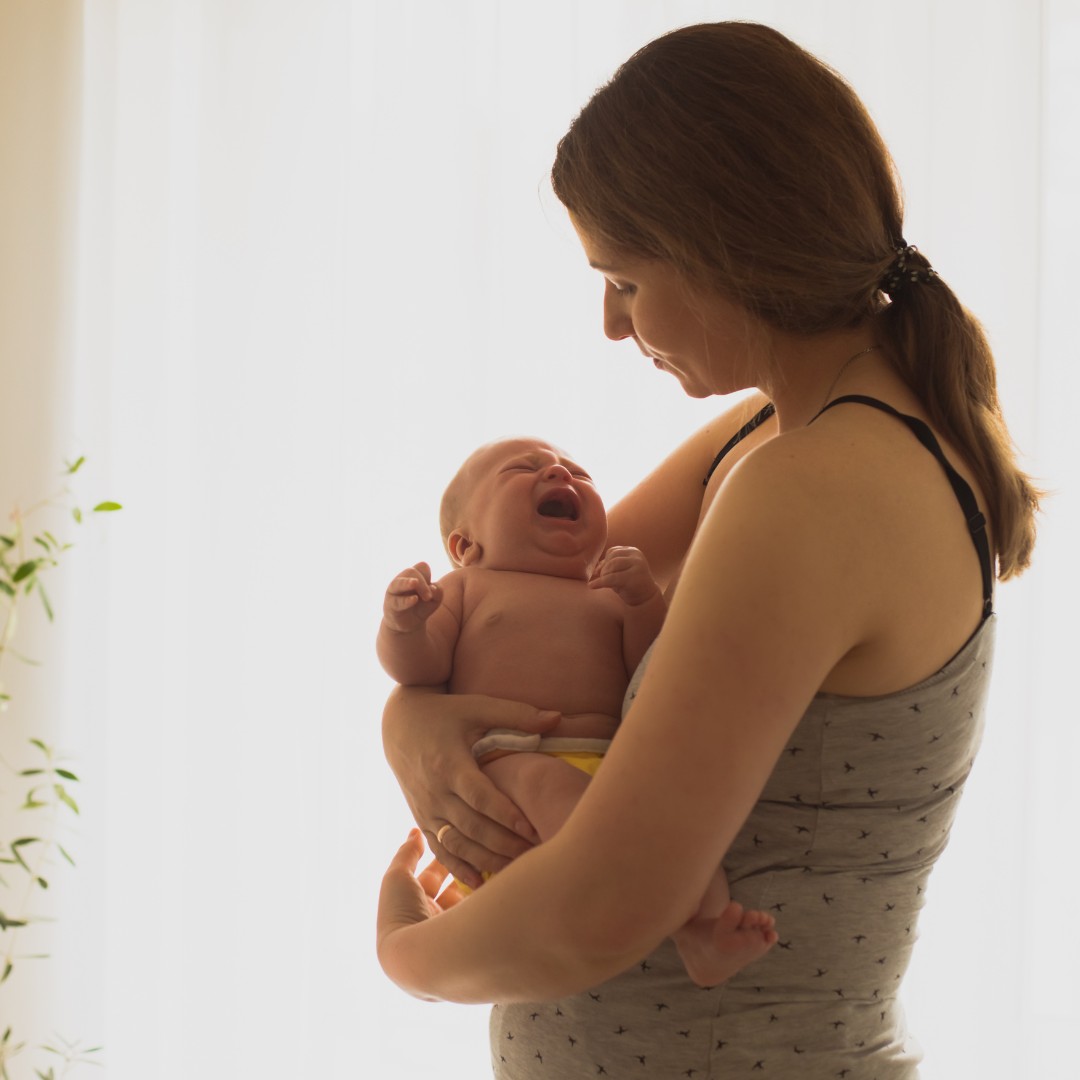
“A big part of depression is feeling really lonely, even if you’re in a room full of a million people.” — Lilly Singh
There is no one cause of postpartum depression. It is thought to be caused by a combination of physical, emotional, and social factors.
Physical factors contributing to postpartum depression include:
- Hormonal changes: The rapid drop in estrogen and progesterone levels after childbirth may contribute to the development of postpartum depression.
- Sleep deprivation: Lack of sleep and the stress of caring for a newborn can contribute to feelings of fatigue, irritability, and depression.
- Physical recovery from childbirth: The physical recovery from childbirth can be difficult and painful, which can contribute to feelings of depression and anxiety.
Emotional factors contributing to postpartum depression include:
- Stress and anxiety: The stress of caring for a newborn, adjusting to life with a new family member, and the possibility of a change in relationship dynamics can all contribute to feelings of anxiety and stress.
- History of depression or anxiety: Women with a history of depression or anxiety are more likely to experience postpartum depression.
- Lack of support: Women who do not have a strong support system of family and friends may be more likely to experience postpartum depression.
Social factors contributing to postpartum depression include:
Postpartum depression is a treatable condition. Treatment options may include:
Medication: Antidepressant medications can be effective in reducing symptoms of postpartum depression.
Talk therapy: Talking with a mental health professional, such as a therapist or counselor, can help to address the underlying causes of postpartum depression and provide coping strategies.
Support groups: Joining a support group can provide a sense of community and a place to share experiences and coping strategies with other women who are going through similar experiences.
Lifestyle changes: Making healthy lifestyle changes, such as getting regular exercise, eating a healthy diet, and getting enough sleep, can help to improve mood and reduce symptoms of depression.
It is important to seek treatment for postpartum depression as soon as possible. If left untreated, postpartum depression can have serious consequences for both the mother and the child.
If you think you may be experiencing postpartum depression, it is important to speak with a healthcare provider or mental health professional. They can help you to determine the best course of treatment for your individual needs.
At Delhi Mind Clinic – Dr. Sugandha Gupta, senior Psychiatrist is well trained in the management and treatment of Pospartum Depression.
For a full list of team Doctors and Counselors kindly see here: Team Delhi Mind Clinic

